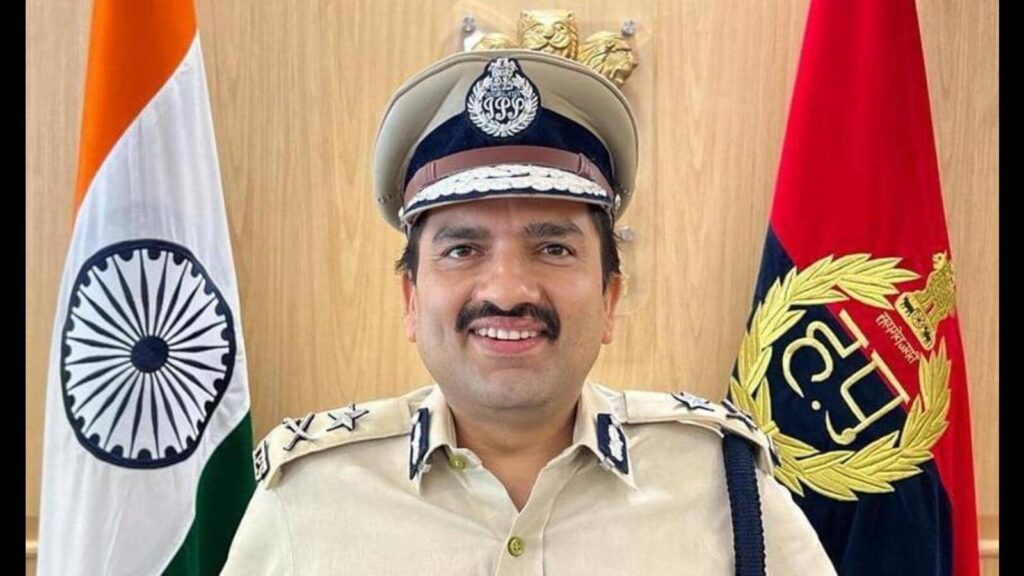Gurugram Police chief warns against rampant cyber fraud

Gurugram: In an unusual move, Gurugram Police Commissioner Vikas Kumar Arora has written a formal letter to all Residents Welfare Associations (RWAs) across the city, in an attempt to raise awareness about increasing cases of cyber fraud in Gurugram. Arora’s message outlines several types of scams targeting Gurugram’s residents, and urging the community to remain alert and take precautions against recurring digital fraud, officials said.

In the letter, the police chief emphasised that cyber fraud has evolved into a widespread issue with scammers exploiting technology to swindle residents. His appeal detailed multiple scams that have become prevalent, including investment frauds, fake custom or parcel delivery scams, impersonation of police officers and task-based fraud. These scams, he noted, manipulated people into transferring money by creating panic or promising unrealistic returns.
One of the scams that Arora highlighted is the custom parcel fraud, where victims are informed of a valuable overseas parcel in their name. Fraudsters pose as customs officials or government agents, demanding money for “verification” or “penalties,” and even attempt to intimidate victims by suggesting they are under “digital arrest.” “There’s no such thing as digital arrest,” Arora wrote, reminding residents that these demands are false and intended to instill fear.
He also drew attention to investment-based frauds targeting those looking for quick financial gains. Scammers lure victims with promises of high returns through WhatsApp or Telegram groups, often asking them to download fake apps. Initial returns attract people into investing more, but when victims try to withdraw larger sums, the scammers vanish, leaving them robbed.
Task-based frauds, another type Arora described, involve luring people with small payments for minor online tasks such as liking a video or posting a review. These tasks escalate, demanding larger sums to participate in higher “levels” with the promise of bigger payouts. Victims only understand the fraud after they attempt to withdraw their money and find that the scammers have disappeared.
Impersonation scams are also on the rise, with fraudsters posing as law enforcement officers or government officials. They may call victims with fabricated stories of a relative involved in a criminal case, demanding payment to resolve the issue. Some even use international numbers and official images, further legitimising their false identity. Another variation includes fake customer service numbers appearing at the top of search results, particularly for services like hotel bookings or cab services, leading unsuspecting residents into traps.
Arora urged residents to take swift action if they suspect fraud, emphasising the importance of the “Golden Hour”—the first hour after discovering the scam. Quick reporting, he noted, increases the likelihood of recovery. He encouraged residents to contact the National Cyber Crime Helpline at 1930 or file a complaint on the government’s cybercrime portal, www.cybercrime.gov.in.
“As technology advances, so do the methods of scammers,” Arora said. “I urge all residents to stay vigilant, exercise caution, and spread awareness within their communities. Together, we can make Gurugram cyber-safe.”




